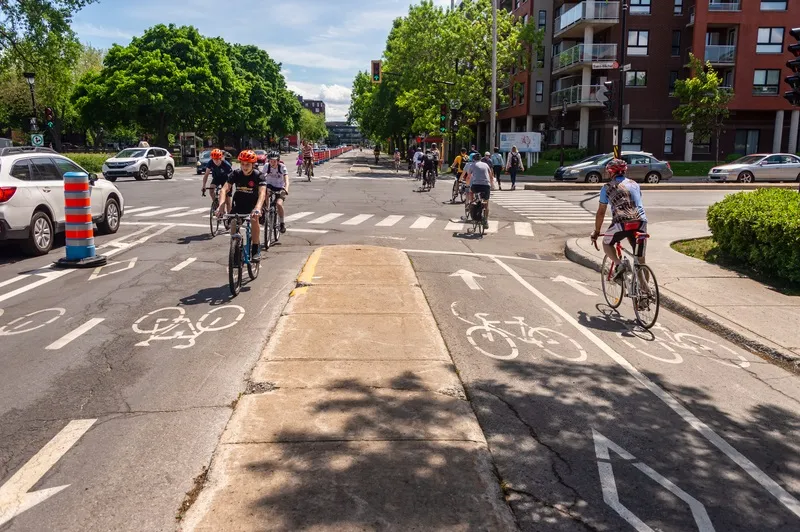Police in Florida and Iowa are using a GPS tracking system that shoots a dart-like tracker at a target vehicle, enabling them to remain a safe distance behind, but still have a way of tracking the vehicle’s location and speed.
September 2, 2014
Read time: 1 min
Police in Florida and Iowa are using a GPS tracking system that shoots a dart-like tracker at a target vehicle, enabling them to remain a safe distance behind, but still have a way of tracking the vehicle’s location and speed.
The system being enables police to shoot the GPS tracker from an air cannon that is attached to the front of a police car; the tracker sticks to the vehicle and tags it. Once the GPS tracker is attached to the vehicle, police are able to monitor its speed and location from a remote location via a real time map, without the need for a potentially dangerous high speed chase.









